The Beginner’s Guide to Backpacking East & Southern Africa
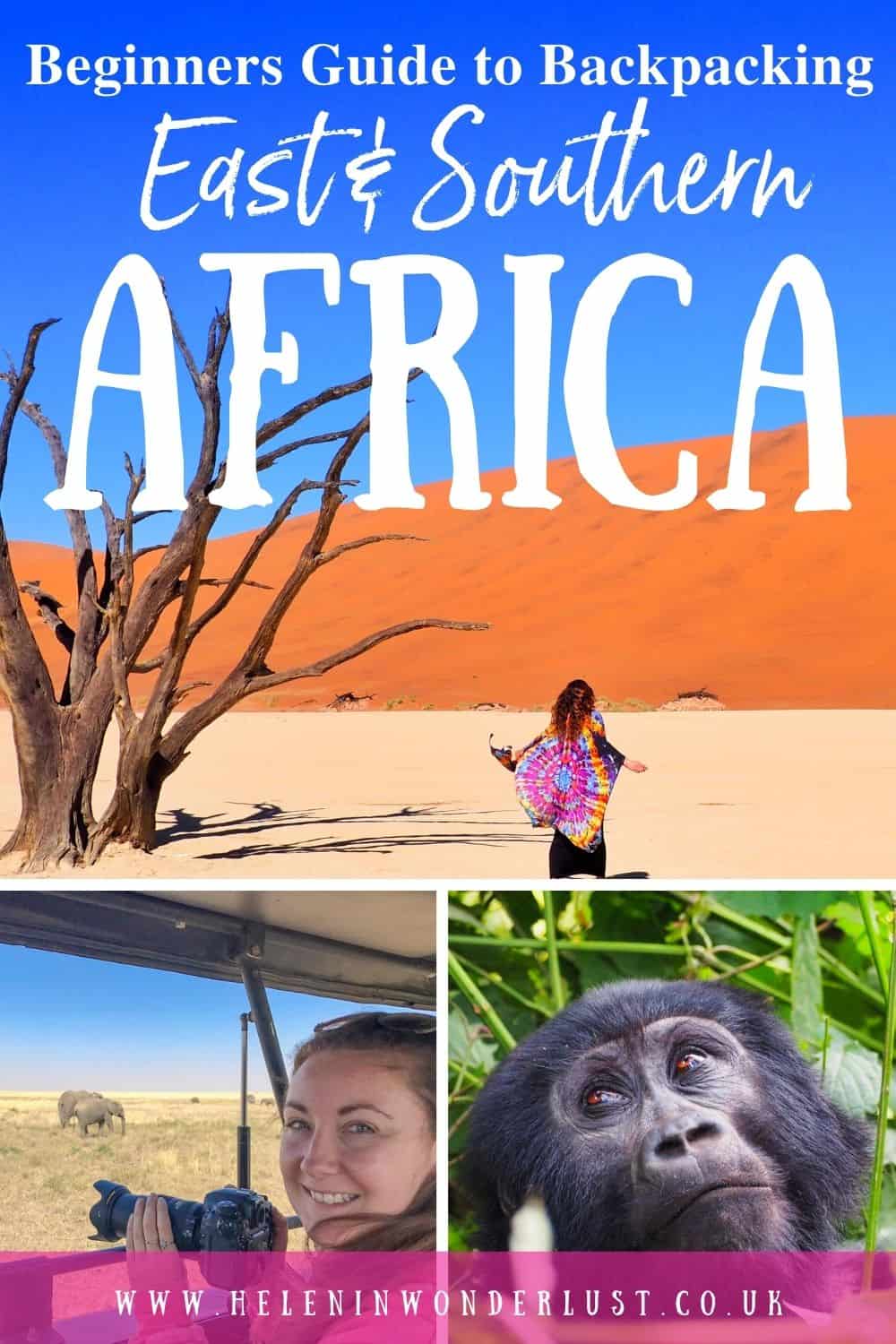
Africa – that far away place that your parents don’t want you to go because on the news they say loads of bad stuff happens there.
Africa isn’t the first choice for most backpackers, but it was for me. In 2009 I booked a round the world ticket (my first ever solo trip) that started with 6 months in Africa, travelling through 9 countries and included volunteering, overlanding, independent backpacking and road tripping. I fell in love with the continent and have returned a number of times since for both travel and work.
Africa isn’t always easy to travel around, especially independently, but it is do-able and no matter what, it’s always an adventure. Are you ready to go on the best adventure of your life?
The Beginner’s Guide to Backpacking East & Southern Africa
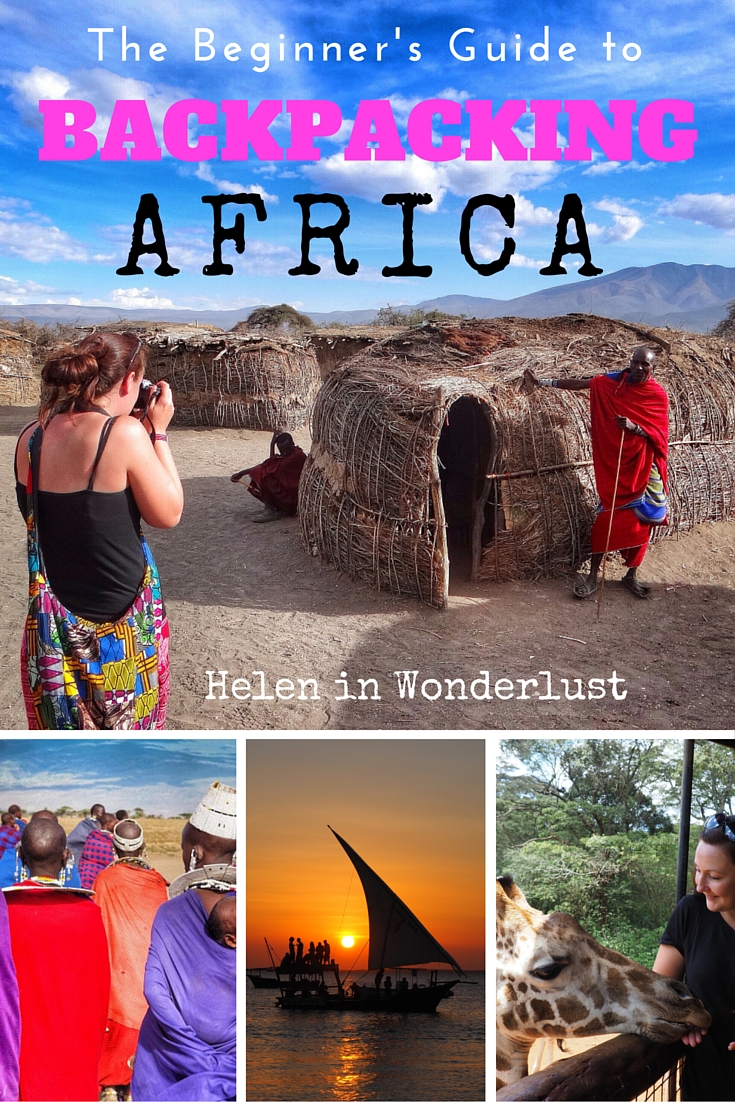
Planning Your Route – When & Where To Go
The Africa travel trail is well worn and the overland companies take you to most of the major highlights. However, if you are travelling independently, you can still follow similar routes (they’re all listed on pretty much every overlanding company website, usually starting or ending in Nairobi or Cape Town) but you’ll also have the freedom to venture off a little bit and go places the overland trucks don’t go, like the ‘other’ Zanzibar islands, or the east coast of Kenya, to northern Namibia to see more authentic tribes people or to Amboseli National Park.
Being such a big continent, it’s quite difficult to plan a route that will allow you to visit every place you want to go at the ‘perfect’ time of year, so maybe base your trip around a few key events or factors. For instance, you might want to go time your safari in Kenya and Tanzania during the great migration, go to Malawi for the Lake of Stars festival, climb Kilimanjaro when it’s not raining, visit Victoria Falls when the water level is at its highest and most impressive or when it’s at its lowest so you can jump in the Devil’s Pool or dive with whale sharks in Mozambique.
So I’d start by working out your ‘must see and do’s’, the best time for them and then planning a route from there.You’ll still have an great time and see loads of  stuff whenever you go! I’d just try to avoid the rainy seasons as much as you can because some roads can become difficult to navigate.
Whilst it’s good to book some things, I’d also leave a bit of flexibility in your itinerary too. There’s bound to be somewhere amazing you’ll hear about from other travellers and it would be a shame to miss out because you’re on a really strict schedule. I’ve made this mistake before.
READ MORE:Â 26 AMAZING Places in Africa You Have to Visit Before You Die

Getting There
Flights to Africa are more reasonable than a lot of people realise and most cities have international airports. If you’re doing a top to bottom (or vice versa) trip, the two easiest places to fly to are Kenya or South Africa. From either country it’s really easy to move along to the next destinations. But there are loads of cities you can fly to. International airlines that fly to Africa include Emirates, Turkish Airlines, British Airways, South African Airways, Virgin Atlantic, Ethiopian Airlines, KLM and Kenya Airways. I usually check Skyscanner or keep an eye out for the sales for the best deals.
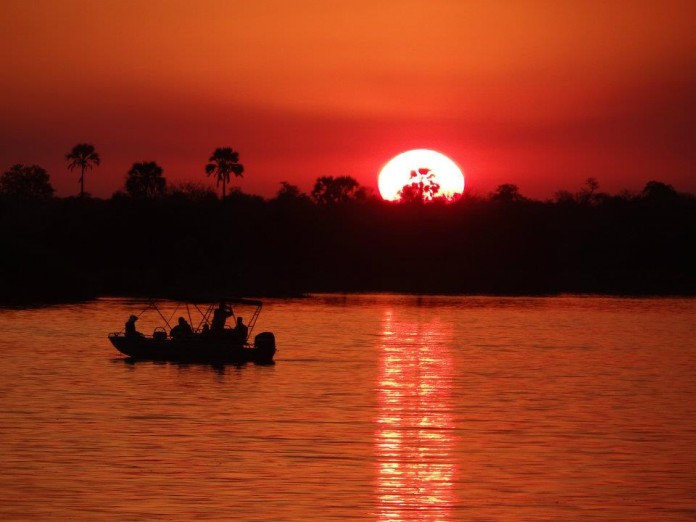
Getting Around
I think the getting around puts a lot of people off backpacking Africa, but independent travel is pretty straightforward, if not occasionally a bit long winded. Mini buses, shuttle buses, coaches, taxis and private transfers are usually easy to come by and South Africa has the Baz Bus, which I guess is similar to some of the buses that go around Australia or New Zealand. There’s even the odd train, ferry and if budget allows, flights. Just expect a few long or delayed journeys – it’s all part of the Africa fun.
You can also hitchhike, however I would do this by asking someone at your accommodation if they know anyone passing through who can give you a ride. I wouldn’t suggest hitchhiking from the side of the road, especially on your own. 99% of people will be fine. But you just never know. Don’t put yourself in a vulnerable position. I would also avoid travelling on buses at night in a lot of places.
If you’re looking to go to a particular tourist spot outside of the city, there will always be a way to get there. The easiest way is to ask at your hotel/hostel. There will always be someone who can help you get from A to B. You may not get there in the way or on the day you planned, but you will get there. Although I will warn you that public mini buses, whilst the cheapest way to get around, are often over packed, do not have seat belts and they haven’t got the best reputation for safety. Best used for very short journeys. If in doubt, get off if it’s safe to do so. I’ll talk more about safety below.
There may be times when you need to be a bit creative and flexible, like the time I joined a 4 day safari from Lilongwe, Malawi to South Luangwa, Zambia, which was due to return on the day of my flight. Worried we’d be back too late, I asked if it would be ok to make my own way back to Malawi a day earlier. The safari company gave me a discount for the day I was missing and said I should ask at the bar of the safari camp when I got there and they’d help me find a way back to Lilongwe in time. It may have taken me 12 hours, 2 squished mini buses and 2 taxis (instead of 8 hours in a comfortable safari jeep), but I got back to where I needed to be without a problem.

There’s also the option to self-drive. This is a great option especially in South Africa and Namibia, if you want to get off the beaten track, want to stay in remote areas or camp. But having a good car (I’d suggest a 4WD if you wanted to take it on safari) is essential for most places a basic knowledge of mechanics would be very handy, as the roads will take their toll on the car. Being a confident (and competent) driver also helps as the traffic can be horrendous in some of the big cities (Nairobi and Kampala I’m talking to you) and outside of the cities the roads are often unmarked, very dark at night and un-tarmaced. Oh and some police officers at road blocks love to fine you for not having the ‘right paper work’, or whatever other reason they can think up. But how would you know? Corruption is rife in Africa, know your rights or have a few $20 bills at the ready. But don’t let this put you off, a self-drive is quite an adventure.
If you don’t fancy self-driving, you may need to take the occasional short tour or safari to see some places where public transport does not go.
Last but by no means least, there are overland tours, probably the safest and easiest option for travel around Africa. Still backpacking, but you’re taken around from place to place in effectively a huge truck, with between around 6 and 30 other backpackers and a tour guide. These trucks traverse the whole of East and Southern Africa and you can stay on them for varying time periods. The cost of trips include accommodation (usually camping occasionally hostels/hotels), food, transport and some activities. This is also a really cost effective way to get around Africa. The only downside is that the schedule isn’t flexible, so if you really like a place, unless you forfeit your trip, you’ll have to move on with the truck.
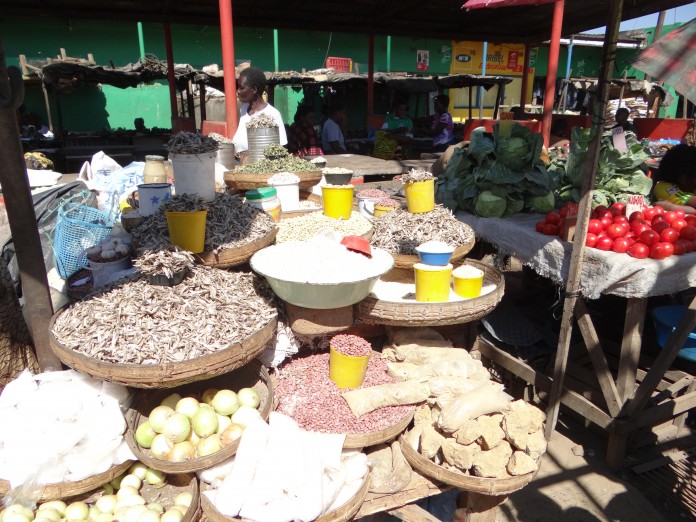
Accommodation
There are a lot of great places for backpackers in Africa, it’s just knowing where to find them. A lot of the best ones are the campsites that cater for the overlanders (not in the city centres), so if you are an independent traveller, they can be a bit more tricky to get to, but worth the effort if you are not restricted on time.
If you’re overlanding all of your accommodation will be taken care of and you won’t have to lift a finger. If you’re on a self-drive, with your own camping equipment, you’ll usually be able to stay at most of the same camps as the overanders and occasionally some hostels (if they have room). If you are using public transport, many of the camps have dorms or tents you can hire. You could bring your own tent, but it will be a pain to carry around on public buses, so I’d probably not bother.
In lots of places there are backpacker hostels, but in others I found it hard to find accommodation in the centre of town or near to the transport links. For example in Tanzania and Zanzibar, I found hostels in Arusha and Kendwa but struggled to find any many in Dar es Salaam or Stone Town, so I stayed in hotels. Dar es Salaam did have a couple for the overlanders but they were an hour out of town and as I had early busses and ferries to catch, I would have had to pay a lot in taxis to get back into town, so I just took the hit.
You’ll just need to do a bit of research on ‘backpackers’ places, ask me in the comments below or ask your fellow travellers, they’ll always have recommendations of where they’ve been or where they’re going to. I would try to book in advance if you can, even if it’s just a few days before as there isn’t an abundance of good places, especially in high season. The place you are staying should be able to tell you how to get from where you are to them.

Where To Meet Other Backpackers
You’ll meet some great friends in Africa. But I will warn you, there won’t be as many travellers mooching about freely like in Southeast Asia. When I was in Southeast Asia, I was like the Pied Piper, collecting people en route through Thailand, Laos, Vietnam and Cambodia. By the time I’d done the full circle and reached Thailand again, I reckon I travelled with around 30 other people. But Africa is not quite the same.
You’ll meet a few backpackers and you may go on to travel with some of them or be safari buddies (this will save costs), but you’ll also meet a lot of locals, expats, NGO workers, holiday makers and overlanders who will be your besties for one or two nights but who have set plans, so be prepared to do some of your journeys completely on your own. Cherish the moments you’re with people, and the moments of solitude. This is what makes Africa travel the best. It’s a bit more challenging and much more of an adventure than a lot of other places.
With the above in mind, the places where I met the most fellow independent travellers to hang out with were in South Africa (anywhere, the backpacking scene is quite established there), Zanzibar (beach towns of Kendwa and Paje), Kenya (Nairobi), Zambia (Livingstone & Lusaka), Namibia (Swakopmund), Malawi (Lilongwe, Kande Beach and Cape Maclear), Uganda (Bujagali Falls/Jinja).
Hostel bars or trips to various tourist activities are usually the best way to meet people. If there’s someone in my dorm when I arrive I usually just ask them if they fancy grabbing a drink at the bar, or if not, I grab a drink first and chat to whoever is in the bar or behind it. Very rarely is anyone not receptive. Once you’ve met the first person, it becomes easier and easier to meet more people.
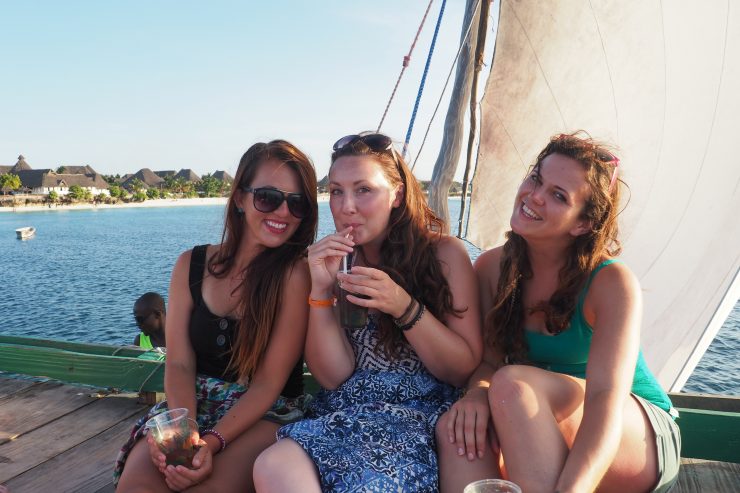
Language & Culture
Africa is diverse and so are her peoples, however there are a few commonalities that will help you on your travels.
There are thousands of African languages, but the great thing about travel in East and Southern Africa is that English is widely spoken, so it’s so much easier to just ask the average person in the street for directions or help than it is in say Southeast Asia. But learning a few words in the local language will gain you a lot of respect, as greetings form a big part of the culture in most African societies. “Hello, how are you?â€Â, “I’m fine/good!â€Â, “Thank you!†â€”œ all go a long way. A handshake is also very much appreciated.
Most Africans I’ve ever met are very friendly, welcoming and hospitable, but I’ve also come across quite a lot of people who are quite wary of foreigners, especially away from the tourist scene. Not surprising really, as it wasn’t that long ago that much of Africa was under colonial rule and there is still a lot of evidence of that today. I’d love to say there are no divides between different communities, between the rich and the poor, the mzungus and the locals but that’s not true. I’d love to say I’ve never seen racism in Africa, I’ve had it directed at me and I’ve seen it directed to locals by other locals (stories for another time perhaps) but it happens. You’re not going to be able to breakdown any deep-rooted beliefs overnight, but you can represent your country in the best possible way by being friendly, respectful, culturally sensitive, being non exploitative and remembering that there are people around you who have very little.
In Africa, everything works on a different clock I swear. This is affectionately known as ‘Africa Time’. Don’t expect things to work in the same way it does at home. It just doesn’t. Things will go wrong. Embrace it, learn from it. Enjoy the slow pace. Having patience is the difference between being a great Africa backpacker or not. Getting angry doesn’t work.
It’s nice to dress relatively conservatively too, especially in Muslim areas (such as East Coast Tanzania and Kenya, Mozambique and Zanzibar – other than the beaches). It’s a bit more relaxed elsewhere, but I would still say at local markets, churches, schools etc, keep your knees, chest and shoulders covered ideally. At tourist spots, hotels and beaches you can usually wear what you want! If you are unsure, check with someone where you are staying.
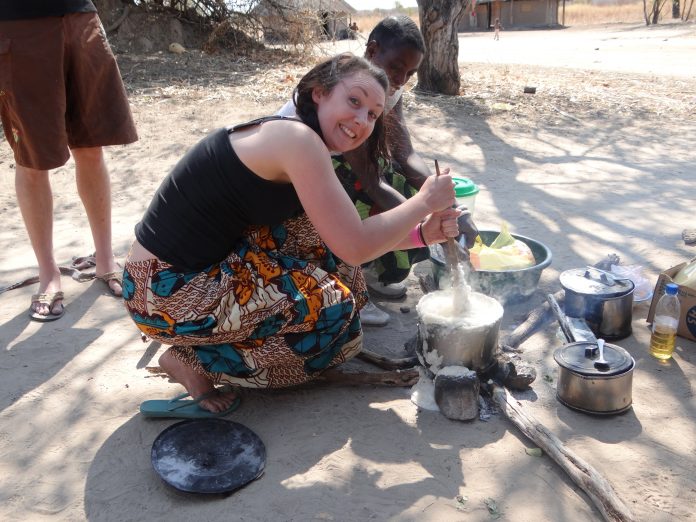
Budgeting & Money
Doing anything remotely touristy in Africa, usually comes at a price. Safaris, white water rafting, diving, eating in restaurants – it all adds up. But there are plenty of free or cheap things to do and costs vary from country to country. I did a lot of the typical tourist activities and budget safaris when I was last in Africa and generally spent around £56/$82 per day. If you are travelling on a shoestring (not doing loads of safaris, eating at local restaurants/cooking for yourself, using local transport and camping/staying in dorms) you could at least half that. Another way to save on money is to find buddies to share costs for things like rental cars or safaris. Don’ be afraid to negotiate too. Most prices are flexible!
I always suggest taking a mix of dollars (for visas and some excursions), your own currency (if that’s dollars, take more dollars, if it’s eg. GBP, take GBP) and change it for local currency when you get there and also ATM cards (Visa is the most widely accepted). If you can get local currency before you go, you can do that too.
I usually spread my money out into different wallets, and keep it in my day bag when I’m on the move or in the hotel or overland truck safe when I don’t need it. Just take what you need on a daily basis. Dollars should be dated after 2003, but the later the notes are dated the better. Damaged or defaced notes will not be accepted.
READ MORE: My 6 Month Africa Travel Budget

Health & Safety
This is a massive topic, not just for Africa, but travel in general. I wrote about this topic in my Top Africa Travel Tips post, so I recommend that you give that a read. But in a nutshell, my health and safety tips are.
- Make the proper medical preparations with vaccinations and anti-malarials. A Yellow Fever vaccination certificate is an entry requirement for some countries and remember malaria is rife in some areas.
- Whilst your there, staying healthy usually consists of keeping yourself clean, protected from the sun, watered and as mosquito repellent as possible. Remember malaria is rife in some areas.
- Don’t travel at night, the roads are often bad and unlit wih people/animals on them and there are bandits in many areas.
- Don’t flash your cash.
- In areas where there is wildlife, you need to be extra careful, you don’t want to run into a lion or hippo in between your tent and the loo, check for eyes before you leave your tent using a torch -Â your safari guides will brief you on this.
- Don’t get too drunk – keep your wits about you.
- Stay away from any areas that are where there is known political unrest.
READ MORE: My Top Africa Travel Tips
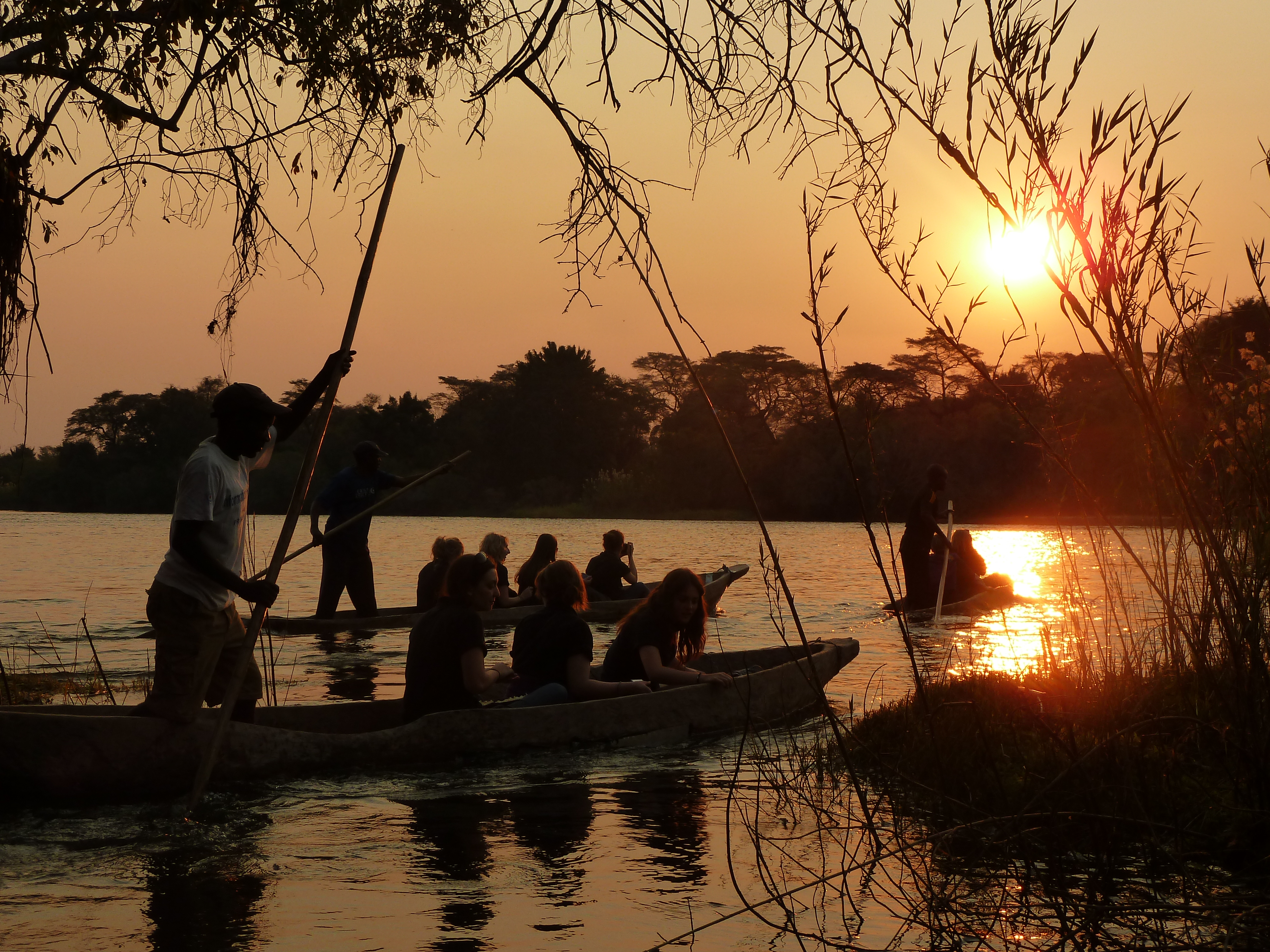
Visas & Border Crossings
Almost all visas from East and Southern Africa can be bought at the point of entry (except for Ethiopia I think) and will always need to be paid for in dollars. There may be some cases where if you want a double or triple entry visa, you may need to apply in advance. To be on the safe side, I always use Project Visa to check entry requirements before I go. But if you are travelling with an overland company, they should also give you advice.
Even if you’re not on a tour, border crossings should not be scary things. They’re pretty straightforward usually and I’ve never had a bad experience. Have your dollars ready (so you’re not getting all your money out in public), but don’t hand them over to anyone besides the person behind the desk, have at least 3 free pages in your passport at all times and walk with confidence. If you’re ever worried, make friends with a local on the bus, they’ll always help you and most people will know if an ‘official’ is trying to bullshit you!
And take loo roll and wet wipes. There’s usually a toilet at the borders, gotta take the opportunities whilst you can.
Travelling around Africa is a lot easier than most people think. Sure, it’s tough at times, but believe me, it is worth the effort! If you’re looking for real, life changing, challenging adventure travel, then Africa is for you!
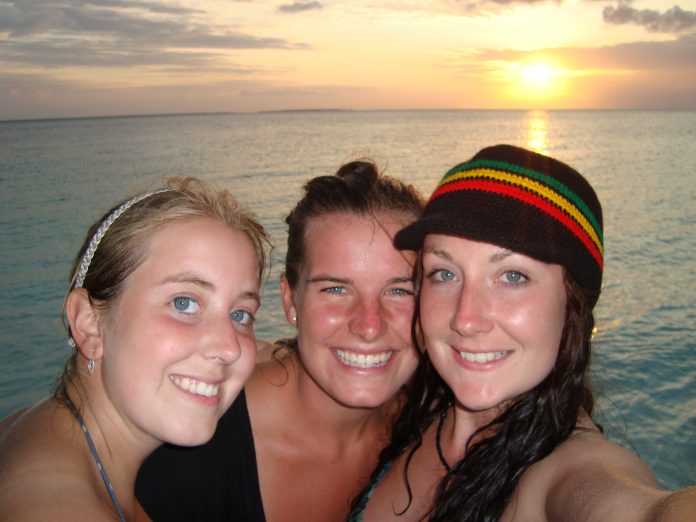
Read more about Backpacking in Africa:
- 39 Things You Need To Know Before Backpacking Africa
- My Top Africa Travel Tips
- My Africa Travel Budget: 5 Weeks in Kenya and Tanzania
- My 6 Month Africa Travel Budget
- Travelling to Africa? Here’s 10 Great Books You Should Read!
- Overlanding in East & Southern Africa – My Complete Packing List
Would you go backpacking in Africa? Or have you been? What did you think?
Want to come on an incredible African adventure in 2018 or 2019?
If you want to go backpacking with an awesome group of likeminded travellers, then join one of my 2018 or 2019 Rock My Adventure small group tours to Namibia, Kenya, Tanzania & Zanzibar, Uganda, Rwanda & the DRC, Zambia, Botswana & Malawi and Morocco!Â
I will show you a different side of Africa. Not the Africa you see in the media, but the colourful, adventurous, wild and real Africa I know and love.
Rock My Adventure tours are experiential and culturally immersive adventures, but without the hassle of having to find accommodation, working out how to get from A to B and booking all your own activities.
They are laid-back and fun, a bit like an independent backpacking trip (so it doesn’t feel like a tour) but with a group of friends built in —œ the best of both worlds! Plus you get comprehensive pre-departure support and advice from me!
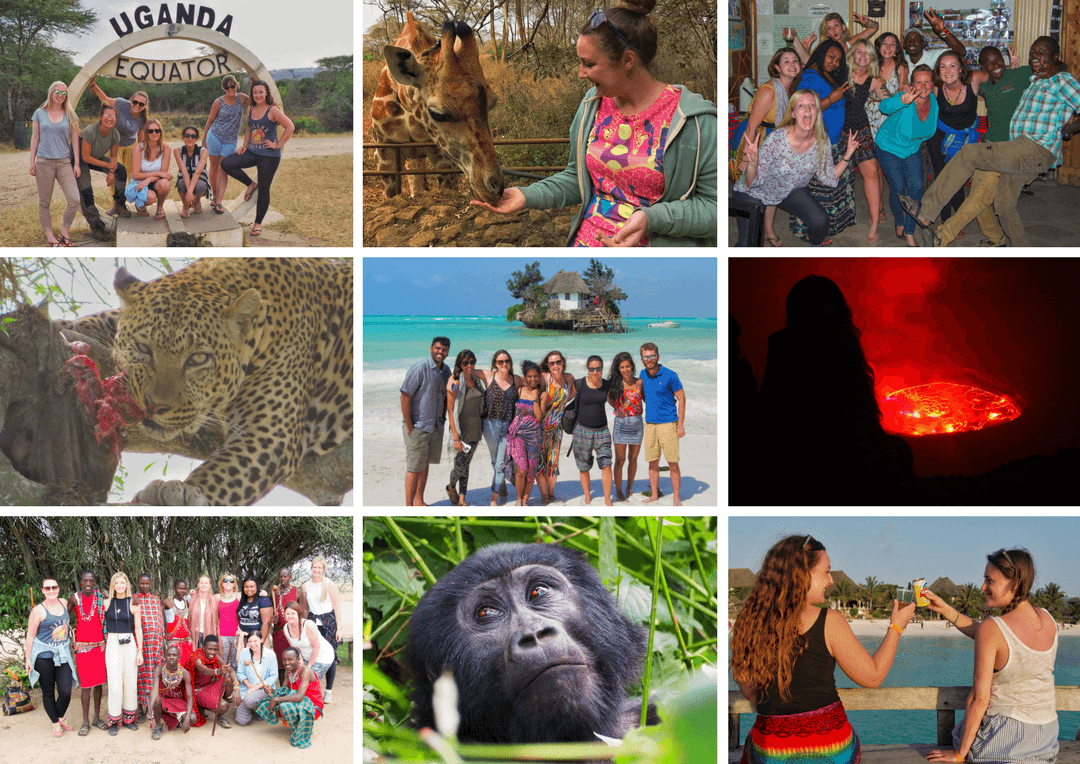


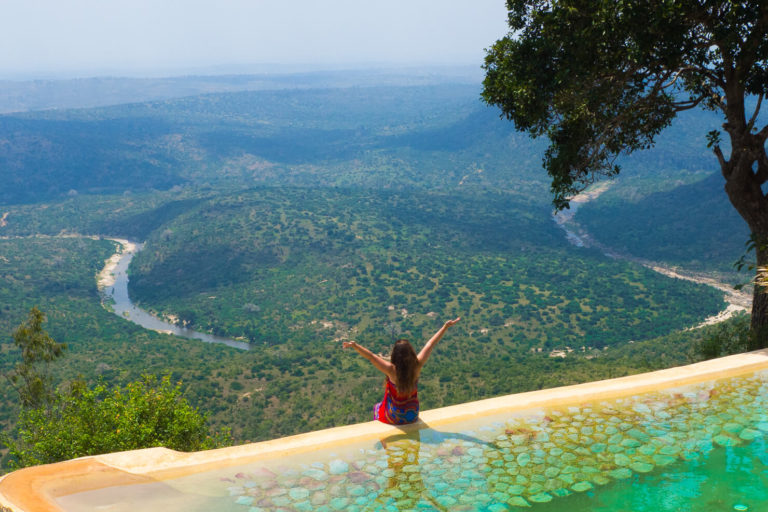

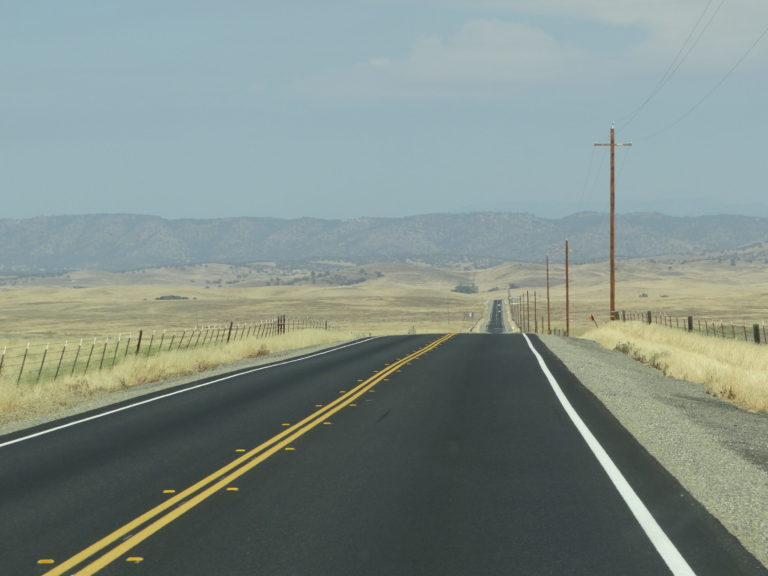
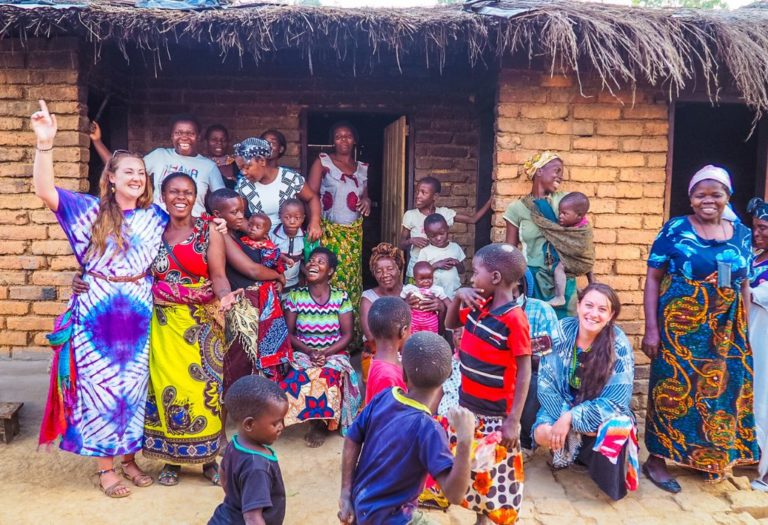
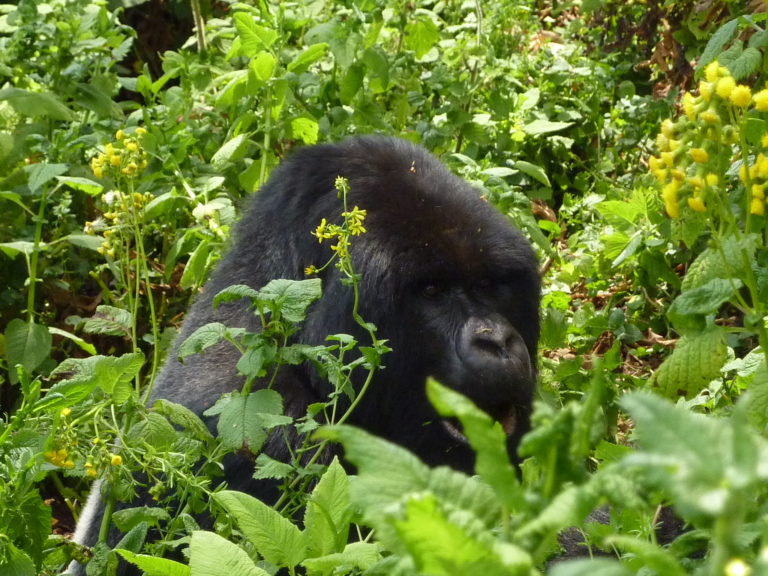
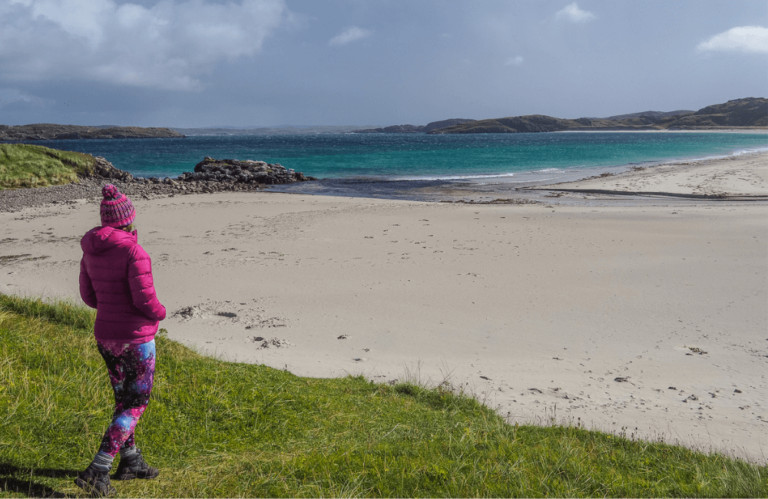
Helen!
You’ve done it again 🙂
Posted another blog jam packed with information so relevant to those like myself about to head off onto their African Adventure. You have given me so much more confidence to travel Africa the way I originally intended.
I hope everyone else gets as much out of your blogs as what I do!
Keep it up xx
Hey Paula,
No worries! 🙂 I’m still working on those other posts I promised you! 🙂
Thanks for reading!
xxxx
Hi Helen
We are thinking of taking a trip to Zanzibar at the end of may -I have read you 40 things to do excellent , have you ever been at that time? Is it very wet ?
Hi Jan,
Thanks for reading. I haven’t been at that time but I believe that it’s pretty rainy. Can you go later? Just bear in mind it’s Ramadan 26 May – 25 June 2017.
Thanks,
Helen
Hi
It was nearly to visit Africa. But now I m in minsk.
Aw, maybe next time go to Africa! How is Minsk? I’ve never been to Berarus! Only Ukraine over that way!!
I haven’t been to Africa yet, mainly because doubts you mentioned in this post. But after reading everything, I can see that it’s not as bad as they say in TV.
It’s funny what you said about ‘African time’. It’s the same in Asia, I guess people who like in exotic countries, with instant access to the sun are just more relaxed than us 😉
Hey Patryk,
Yes Asia time is similar to African time! 🙂
Africa is great! I’m sure you’d enjoy it!
Helen
Hello Helen!
Thanks for the great and informative articles . At one point you mentioned that you had a working experience and volunteering can you tell me more about that ? I am very interested.
Thanks a lot
Best,
Isabella
Hey Isabella,
No worries, glad you like them. I volunteered for a few different organisations – The Book Bus (Zambia), Soft Power Education (Uganda), Baobab Home (Tanzania). I later went back to work for The Book Bus for a while leading an expedition.
Helen
Hi Isabella,
From the research I’ve done about volunteering, most of them you have to pay for. If you’re on a shoestring or intend to travel more budget, try looking at woofing (strange term, but if you get your google on you will understand) “WOOFA Africa” .
A lot of them are farm based volunteering (so not as exciting as what Helen was doing with Lions) but if you research further and contact the “hosts”, a lot of the communities/villages where you can teach English and live like a local. So the term WOOFA is very loosely used actually, its not all farm based work.
Its all free, you work in exchange for food and board. One Host that I contacted said they would arrange a Kilimanjaro hike for me at a very competitive price at the end of my volunteer stay.
http://wwoofinternational.org/
I am still considering doing this in Tanzania, but am waiting until I’m actually in Africa before making any volunteer decisions.
Sorry Helen, I hope you don’t mind my input here.
🙂
Hi Paula, Hi Isabella!
Not at all Paula, this is a community, feel free to share! I have no experience of WOOFing so that’s great that you’ve done some research!
I should probably elaborate on my volunteering though! I’ve never volunteered with lions. ïŠ The volunteering I did was as follows:
The Book Bus, Livingstone, Zambia – In 2009, I spent a month with them and this is a paid volunteering project. The Book Bus works with a number of different schools in the Livingstone area. Volunteers go round in a mobile library and read and do comprehension activities with the children. For some of them it is their only access to story books, they’re often packed into large classes, they recite to learn so many don’t really understand what they are learning and fall behind when they miss school to do chores or look after siblings. I have written about this on the blog a few times. I also volunteered for them at events in the UK and later went to work for them in 2012 looking after 2 groups of Girl Guides who were on a volunteering project. I have a lot of experience of Theatre in Education and working with children with EBD/ADHD through drama so this project was a good fit for me.
Soft Power Education, Jinja, Uganda –There is no fee to volunteer here. I had seen the charity when I passed through on my overland in 2009. I went back to volunteer for them in 2011, staying the village of Bujagali Falls in Jinja. On this project I painted schools whilst the kids were on holidays. I’m not a natural painter but I enjoyed my time there!
The Baobab Home, Bagamoyo, Tanzania – This again was another project where I didn’t pay a fee. I found them on the internet and contacted them. I spent a month there running a summer school for the kids where we did things like reading, arts & crafts, sports and days down to the beach. This was probably my best intro to local life as I lived in a house with 5 other volunteers, but we lived in the community, ate local food. It wa
If you contact a lot of charities that are Africa and not reliant on a UK/US/Aus office to run the project, then many will let you come and help out! A lot of people don’t do this as they are worried about the safety aspects and also many people go for volunteering holidays (rather than long term travel) so they don’t have as much time to get aquainted with African life. Going through a charity that is run from their home country gives a lot of people comfort (if a little draining on the pockets). But as long as you do your research and make sure it’s a legitimate place, you should be fine!
I’d always do your research though and see what other volunteers have to say. A lot of volunteer projects do little for the communities they work with. But there are some really good ones out there!
However saying that, volunteering with or living in a local community is probably the best way to really get an understanding of the culture.
I believe the 3 above I worked with actually do some good work and I’ll always advocate them – paid or not! ïŠ
WOOFing looks awesome, so next time I’m in Africa, I’m going to check it out too!!
Looks awesome, how about Africa weather? i thinks in winter season the best t0o visit.
Hi Mirian,
It really depends on where you go and when. Africa is massive. In a lot of the continent there isn’t a ‘winter’ season per se, more wet and dry, cold and hot seasons. Different times have different advantages! )
Helen
Thank you for the countless and explanatory article. At one idea you stated that you had an employed practice and offering can you express me additional almost that? I am very involved.
Thank you for the guide, a lot of things that are good to think about. 🙂
Thanks Jesper! Travel in Africa is a lot of fun!
Great post, Helen!
Thanks!
Thank you!!
Hi Helen! We’re planning a travel in July to Africa backpacking and we were a bit lost because we couldn’t find good information about it, but when we found your blog it was amazing.
We have the fligh to Gaborone and the return from Dar es Salam going through Zambia. We have one month and not high budget and we wanted to ask you 3 or 4 places we must go. I have read the post of “26 amazing places in Africa” an it is really interesting but we wanted to ask for cheap and interesting places or safaris (I know that it is really difficult) to go.
Thank you for your blog, it is amazing.
Beñat
Hi Benat,
Thanks for reading!!
I’d say, go to Okavango Delta, Chobe (safari), Livingstone, get Tazara Train, Dar es Salaam, Bagamoyo and Zanzibar! If you have time, you could go to the Serengeti too!
Enjoy your time in Africa!
This is an amazing post! I’m going to Africa on a scholarship next year, and you’ve given me a lot of info on what I should do during the holidays! Thanks!
You’re welcome! Enjoy your time in Africa!!
I’m so excited to read all your African posts now that we’ve booked our trip! I’m heading to Cape town and then self drive along the coast to the Eastern cape game reserve. So many helpful and informative tips!
Sounds wonderful!!!! Hope you have an AMAZING time!!! 🙂 x
Thanks so much for all this information! We’ve been travelling forever, all over the world, but Africa ( outside SA and North Africa) never. We’re going! Your posts are very helpful. We have 2 kids, I’m not sure how we’re going to do this thing yet, but it’s on.
Dear Helen,
thank you for this blog, it’s really helpful. I have been several times to Africa, but never alone and never as a backpacker.
I would have loved to take part in your Kenya-tour, but it’s six weeks to early for me, I can’t leave before the middle of Oct. Is there anything you offer between Oct. 15th and Dec. 15th, 2016?
I’m planning to live and work somewhere in eastern Africa, and this two-month-trip is to figure out, how I like the country depart the touristic paths. Besides your volunteering jobs, who do you found work, like being a tour guide?
Kwa heri,
Tanja
Hey Helen,
Thanks for your detail review of your travels in Arica. I will be travelling to Zamia to live/work for 6 months and also hope to travel to many neighbouring countries. Did you take Malaria pills throughout your entire trip? I’m having a hard time imagining taking malaria pills for so long, and it is extremely costly.
Hi Emily,
I did take malaria pills for most of my trip, however I switched between malarone (at the beginning up until I did Kili – as lariam is not suitable at altitude) and then switched to lariam for the rest, but I did get a bit slack at times, towards the end especially. Doxy is cheaper than lariam and malarone. But you can get malaria tablets in Zambia and they will be cheaper than in the UK/US etc!
Some people don’t take them, especially if going to a long period of time due to the side effects and try and build up a natural resistance. It’s a very personal choice and I can’t really advise what to do.
HOWEVER… I don’t recommend Lariam. I had no problems, other than a few funny dreams and lack of sleep, but it can have a bad effect on people, especially over a long period of time.
Whatever you do, my best advice is to try and avoid getting bitten. Cover up, especially as dusk and dawn, use DEET! The little suckers love to bite you in the shower and on the toilet!!
Hi Helen
Thank you very much for your posts. I believe I’ve read them all -those regarding Africa for sure.
I have to say “great job” Found your posts very useful as currently tiding up last bits for my own trip to Africa. Three weeks of backpacking across Zambia, Botswana, Zimbabwe and Tanzania ending up at Zanzibar of course, starting mid-September. Shame I’ve missed your advert about African trip but hey… who knows maybe one day we will meet at the trail. Enjoy your trip and looking forward to read your new post from the latest trip.
All the best.
Hey! It’s so awesome to hear another girl’s experience about traveling Africa. I did a 7 month trip across the continent, and loved it! And I liked how you called public transportation part of the “African fun.” Haha it’s soo true. I write about my experience traveling (and now living) in Africa on my blog, http://www.backpackingafricaforbeginners.com. If you’re ever in Ethiopia, you should come visit! I’ll be your tour guide 🙂 And thanks again for this awesome blog post– so good to have more travelers sharing their positive experience on the continent!
Thanks Val! That would be great thank you! 🙂 Hope to meet you soon!
Thank you for sharing it with us!
It’s hard to find information about Africa.
And congratulations for the blog and the trips! 😀
Thanks Renan! KARIBU SANA!!!
About to leave for Mozambique and South Africa for field research – this really helped. Thanks a lot!!
No worries, glad it helped! Thanks for reading!!
Very helpful information, thank you for sharing!
Thank you a lot for this article. It clears many misconceptions about Africa. Keep writing!
Hello Helen,
thanks so much for all those Information. I want to travel africa for years and was wondering weather ist doable without tour. your Information helped me a lot and gave me confidence to just do it 🙂 i m really looking forward to it now. I can feel your love for this continent and like it so much! Everyone has been in SEA – but Africa? Thanks a lot!
Glad to be of help!!!!!! 🙂
Helen! What a cool wild girl you are.
I read your blog before and during my trip and learned so much. Where are you now, and do you think you will ever visit Africa again?
Invited to my site as well!
Muchilera.com
And if you ever travel to Israel, please let me know
Hi Helen
Great blog with loads of info.
My daughter wants to travel from Jo’berg to Nairobi next year solo. She’ll be 18 but has backpacked with me in Sumatra and Belize/Guatamala so has a good idea what to expect, is a natural traveller, plus she’s off to Kenya this summer so will have a little snapshot of Africa. I drove from Botswana to London in 1988 and then lived in Malawi in the early 90’s so am not that concerned about her going (I might join her for a bit) but when I did it I had a vehicle and she’ll be travelling by bus and on a bit of a shoe string.
I’d like a bit of advice on which way to go – we always did the Mozambique corridor rather than through Zambia but there was no public transport in those days. I recon she’ll have a couple of months to get to Kenya from Jo’berg, will definitely want to spend some time in Malawi (back to my old haunts and visiting old friends). Any advice on routes, Mozambique these days (only the corridor was open in my day and that was heavily mined so you couldn’t step off the road), getting through Tanzania etc would be really welcome!
Many thanks
Harriet
Hi Helen! Thanks for this post!
Do you have any hostels you recommend in Kenya and Tanzania? Especially Nairobi? I’ve been having trouble finding any.
Thanks.